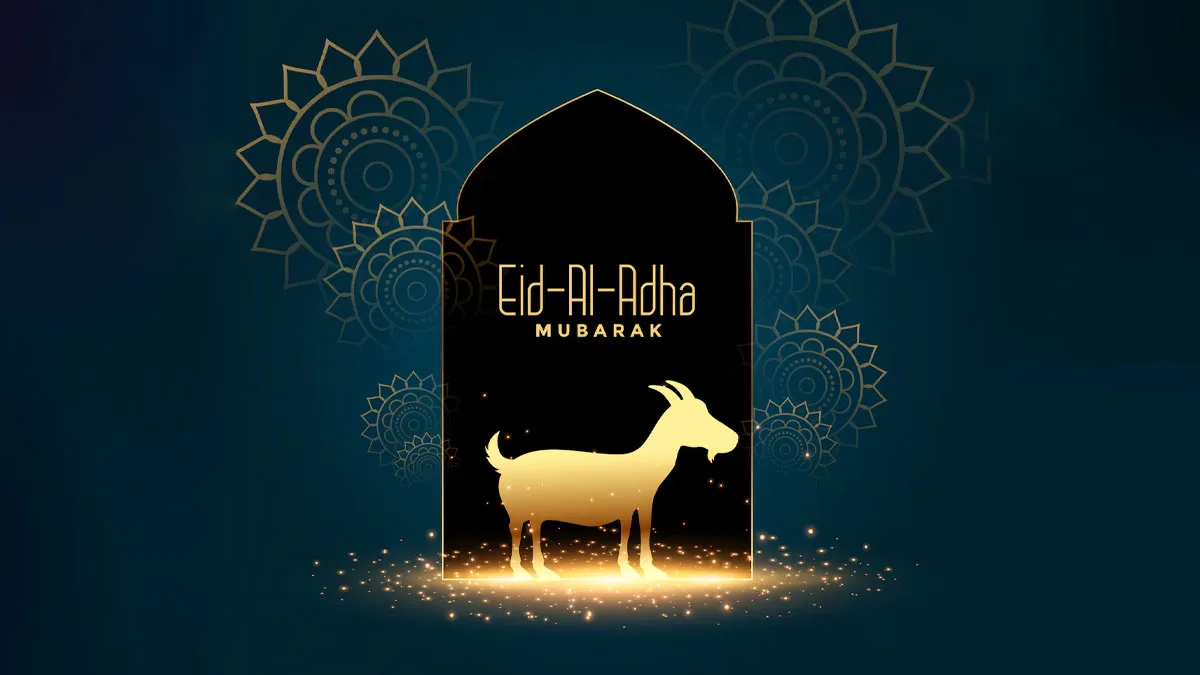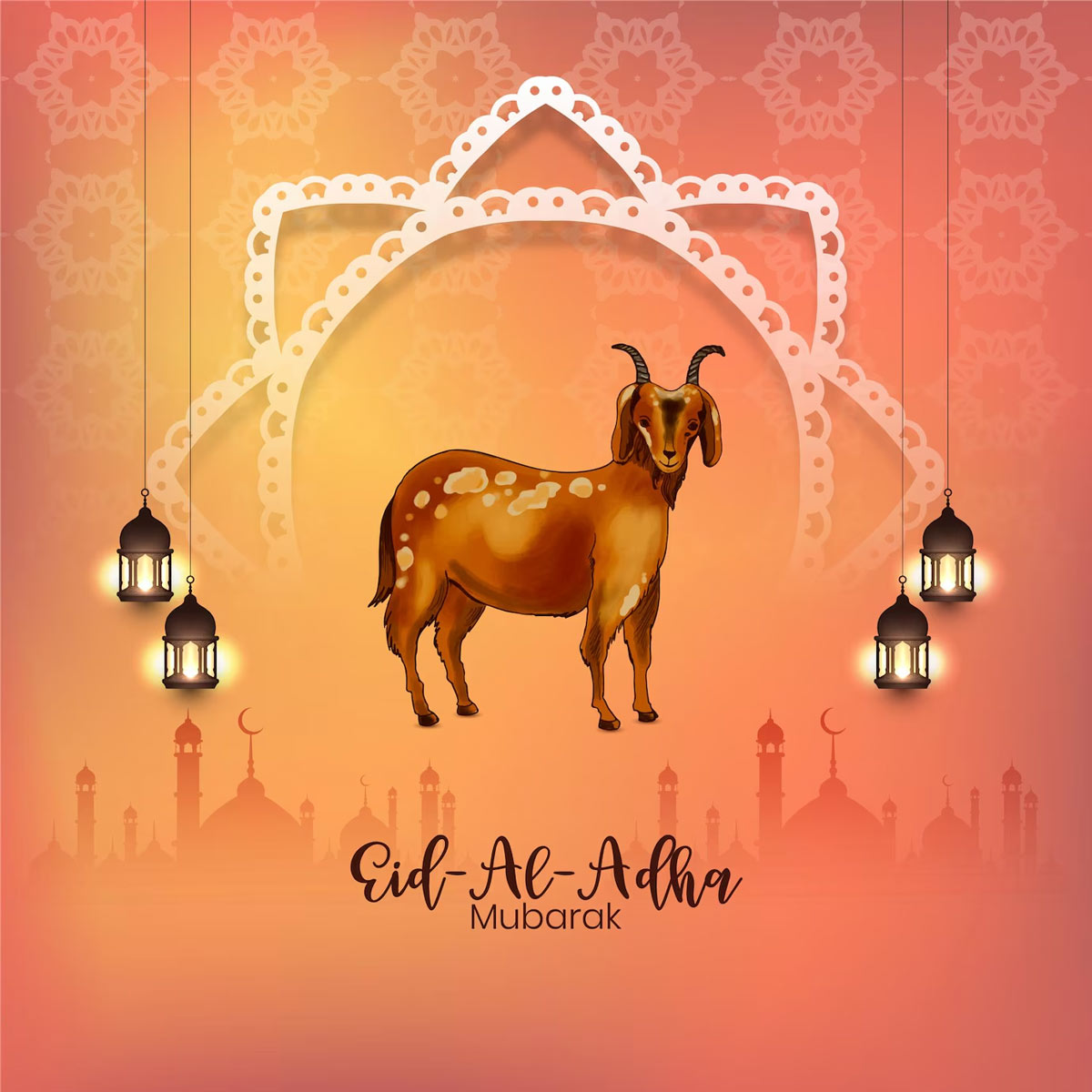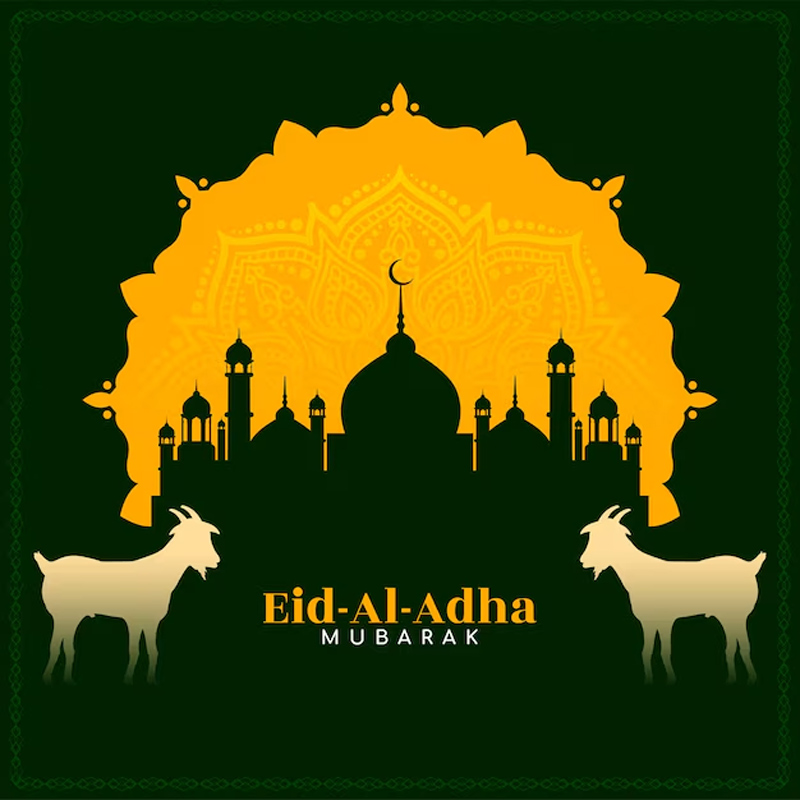
Eid, June 6 Or 7, 2025: As Muslims around the world prepare to celebrate one of the most important festivals, Eid al-Adha, it’s a good time to understand its key details—including the exact date, its origins, and its significance. The day honours Prophet Ibrahim’s unwavering faith and willingness to sacrifice his son in obedience to God’s command. Also known as the Festival of Sacrifice or Bakrid, Eid al-Adha is celebrated every year on the 10th day of Dhul-Hijjah, the twelfth and final month of the Islamic calendar.
Below, let’s understand when exactly the auspicious festival will be celebrated in 2025.
Since the Islamic calendar follows the lunar cycle, the date of Eid al-Adha can vary each year. This time, the crescent moon marking the beginning of Dhul Hijjah was sighted in Saudi Arabia on May 27, 2025. Based on this, Eid al-Adha will be celebrated on June 6, 2025, in the Middle East.
In India, the festival will be observed a day later, on June 7, 2025, according to the moon sighting. However, if the moon is not sighted on June 6, 2025, in the Middle East, the date could shift and Eid would then be celebrated on June 7 in those regions, and on June 8 in India.
The difference in celebration dates is due to the lunar calendar being slightly delayed in the Indian subcontinent compared to Saudi Arabia and other Middle Eastern countries.

As of now, it is confirmed that Eid al-Adha will be celebrated on June 7, 2025, in India.
Don't Miss: Bakrid 2025: A 7-step Special Kebab Recipe To Impress Your Guests
Here are the key traditions observed by Muslims during Eid al-Adha:
1. Eid Prayer: Muslims gather in mosques or open grounds for a special Eid prayer, which is followed by a sermon. The sermon highlighted the values of sacrifice, obedience, and faith, central themes of the festival.
2. Qurbani (Sacrifice): After the prayer, those who are financially able perform the ritual sacrifice of a halal animal, commonly a goat, sheep, or cow. The meat is divided into three equal parts:

3. Charity and Sharing: Eid al-Adha promotes compassion and community support. Muslims are encouraged to share their blessings by distributing meat and extending help to those in need, reinforcing the spirit of generosity and unity.
Don't Miss: Eid al-Fitr 2025: Chef-Recommended Recipes You Must Try
The roots of Eid al-Adha go back to the story of Prophet Ibrahim and his son Ismail, as mentioned in the Quran. According to Islamic belief, Allah asked Ibrahim to sacrifice his son as a test of his faith and obedience. Ibrahim agreed and was prepared to carry out the command. However, at the last moment, Allah replaced Ismail with a ram (male sheep), rewarding Ibrahim’s devotion and sparing his son.
Keep reading Herzindagi for more such stories.
Credits: Freepik
Also watch this video
Herzindagi video
Our aim is to provide accurate, safe and expert verified information through our articles and social media handles. The remedies, advice and tips mentioned here are for general information only. Please consult your expert before trying any kind of health, beauty, life hacks or astrology related tips. For any feedback or complaint, contact us at [email protected].